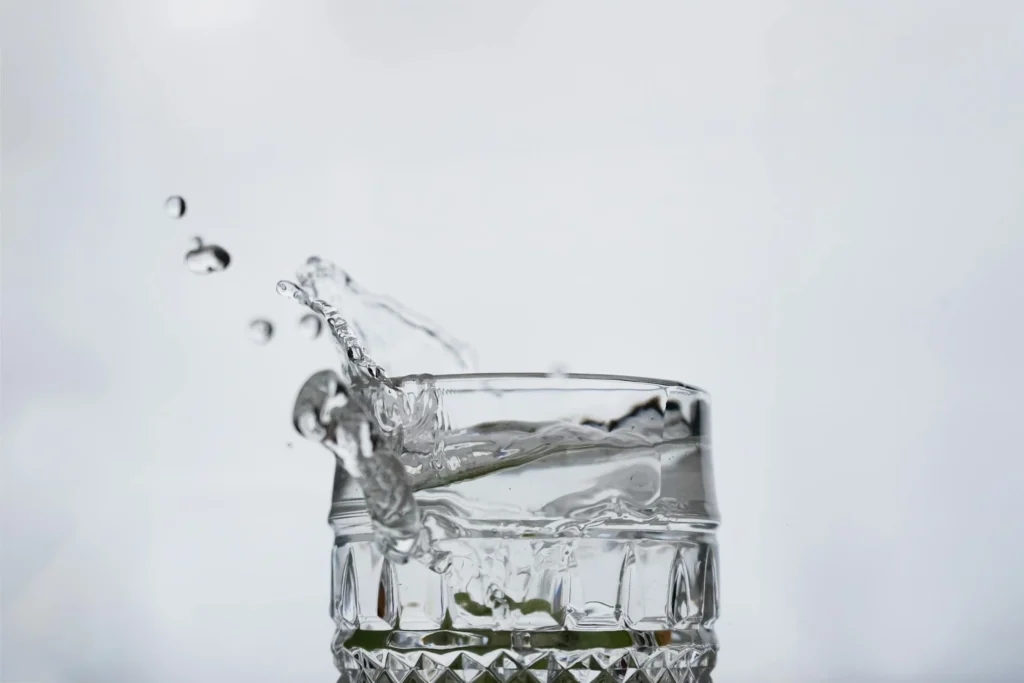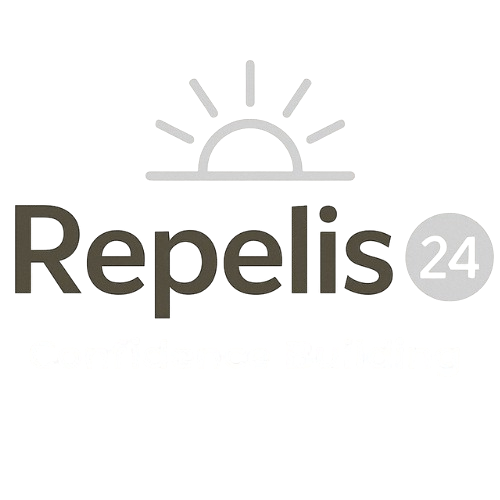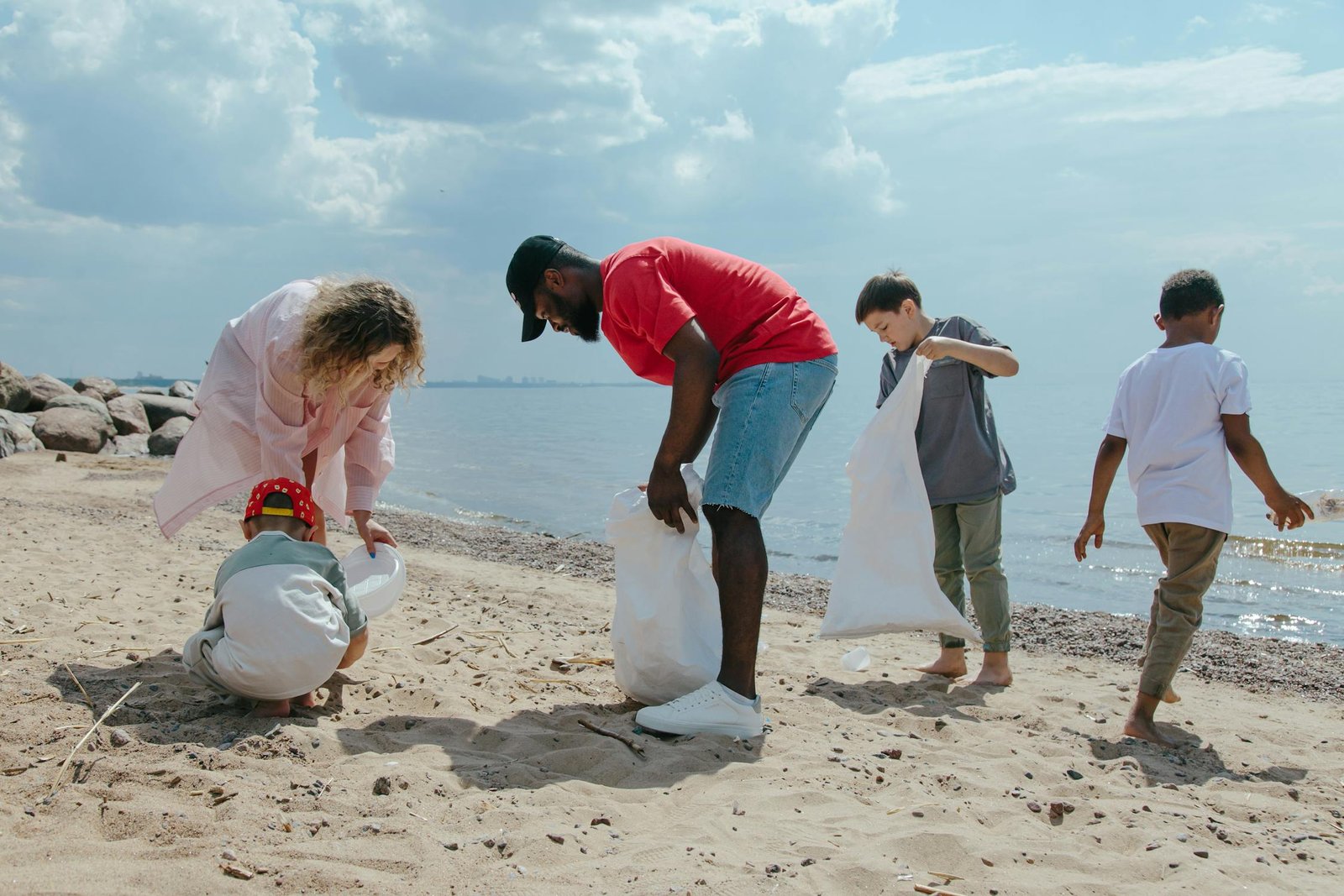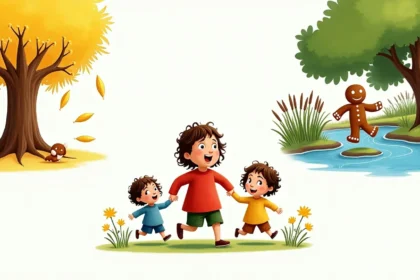What Is Water Pollution?
Water pollution happens when harmful things are mixed into water. These things could be chemicals, trash, germs, oil, or even human waste. Once they enter rivers, lakes, oceans, or underground water, it becomes unsafe to drink, swim, or use for farming. Even animals that live in or drink that water can get sick.
For example, imagine filling your glass from a stream that looks clean, but it actually has invisible germs from a nearby sewage leak. You can’t see the problem—but your stomach might feel it later.
Pollution doesn’t only affect faraway places. It can happen in your own town. Pipes can leak. Factories may throw waste into rivers. Even farms use fertilizers that mix with rain and end up in drinking water sources.
Experts call this a “silent health crisis” because many people drink polluted water without knowing it. The damage shows up later—in the form of stomach illness, skin problems, or worse.
Why Should You Care?

Because polluted water can hurt you—even if it looks clean. Your body uses water for almost everything: to cool down, digest food, and carry nutrients. If the water you drink is unsafe, it slowly harms your body.
Water pollution affects:
- Your stomach and intestines (causing vomiting or diarrhea)
- Your skin (causing rashes or infections)
- Your brain and nervous system (in case of heavy metals like lead)
- Your immune system (making it harder to fight diseases)
And it’s not just about your health today. Pregnant women, young children, and older adults are at even more risk. Babies born to mothers who drank polluted water might face growth issues or birth defects.
Even people who don’t drink the water can be exposed. Washing vegetables in bad water, brushing teeth, or bathing in polluted water can be risky.
Types of Water Pollution
Let’s break down the main types so it’s easier to understand:
| Type of Pollution | What It Is | Where It Comes From | Risk to Humans |
|---|---|---|---|
| Chemical | Harmful liquids like pesticides, fertilizers, or oil | Farms, factories, gas stations | Cancer, skin issues, hormone problems |
| Microbiological | Germs like bacteria, viruses, and parasites | Sewage, animal waste | Diarrhea, vomiting, dehydration |
| Heavy Metals | Lead, mercury, arsenic | Old pipes, mining, industrial waste | Brain damage, kidney problems |
| Plastic | Small and large plastic pieces | Garbage, poor waste management | Enters food chain, causes toxicity |
| Thermal | Hot water dumped into rivers | Factories, power plants | Kills fish, changes water oxygen levels |
Each type can mix with others. For example, rainwater can carry germs from animal waste and mix it with chemicals from fertilizers. That’s why even “natural” looking water can be unsafe.
How It Gets Into Your Body
There are four main ways polluted water enters your body:
- Drinking it: This is the most direct way. If your water supply is not filtered or tested, you might be drinking harmful substances every day.
- Cooking with it: When you boil rice or wash fruits using bad water, you’re putting toxins into your food.
- Bathing in it: Germs and chemicals can enter through the skin or even your eyes and ears.
- Breathing it: Some water pollutants turn into gas or mix with dust in the air, which we inhale.
That’s why clean water matters beyond just the kitchen. What touches your body matters too.
Health Problems Caused by Polluted Water

Water pollution leads to many health issues. Some are short-term and go away after a few days. Others are long-term and very serious.
Short-term effects
- Stomach pain
- Vomiting
- Diarrhea
- Skin rashes
- Eye infections
- Headaches
These are often caused by bacteria or viruses in the water. For example, E. coli is a dangerous germ found in dirty water that can cause bloody diarrhea.
Long-term effects
- Liver damage
- Kidney failure
- Brain development issues in children
- Cancer (from exposure to arsenic, nitrates, or industrial chemicals)
- Nervous system problems
- Hormone disruption (linked to chemicals like PFAS)
In many poor areas, people live with polluted water every day. Over time, these invisible poisons break down their body’s defenses. Even in developed countries, old pipes with lead or chemicals in tap water can slowly harm families.
A Real Example:
In Flint, Michigan, USA, old pipes leaked lead into the water supply. Many children were exposed. Some now struggle with learning and behavior issues. This shows how silent and serious the effects of polluted water can be.
Water Pollution and Children
Children are most at risk. Their bodies are smaller, their immune systems are still growing, and they drink more water per body weight than adults.
Polluted water can affect:
- Brain growth
- Learning ability
- Behavior
- Body growth
- Immune system strength
Doctors recommend that families with babies should always boil or filter water before mixing formula or washing bottles.
Even schools and playgrounds can be risky if they use untreated water in taps or for cleaning.











